What to Expect During a Routine Dental Checkup?


Before Your Dental Checkup
Preparing for a dental checkup involves a few essential steps that help ensure a smooth and efficient visit. Below are key practices to follow before heading to the dental spa.
Oral Hygiene Practices
In the days leading up to the dental checkup, it is imperative to maintain good oral hygiene practices. Patients should brush their teeth thoroughly twice a day using fluoride toothpaste, as this not only keeps teeth clean but also strengthens enamel. Additionally, flossing daily is crucial for removing food debris and plaque buildup between the teeth and along the gum line.
Oral Hygiene TipFrequencyBrush with fluoride toothpasteTwice a dayFloss to remove plaqueDaily
These practices help present a clean mouth for the dentist, which may lead to a more thorough examination and cleaning.
Appointment Confirmation
To avoid any last-minute surprises or scheduling issues, it is advisable to confirm the dental appointment a day or two in advance. This confirmation can prevent possible mix-ups and ensure that the dental spa is prepared for the patient's arrival. Checking the appointment also provides an opportunity to clarify any questions or logistical concerns that may arise ahead of the visit.
By taking these preparatory steps, patients can set the stage for a successful routine dental checkup and better understand what to expect during a routine dental checkup?.

Arriving at the Dental Spa
When preparing for a dental checkup, understanding what to expect during a routine dental checkup can help alleviate any anxiety. The arrival process plays a significant role in setting the tone for the appointment.
Early Arrival
It is advisable to arrive early on the day of the dental appointment. This allows ample time to fill out any necessary paperwork, relax before the appointment, and ensures that the visit starts on time. Arriving at least 10-15 minutes early is a good rule of thumb.
ActivityRecommended Time Before AppointmentArrive to complete paperwork10-15 minutesRelax and prepare mentally5-10 minutesCheck in and confirm details5 minutes
Insurance Information
Before arriving at the dental spa, it is essential to have all insurance information readily available. This information typically includes the insurance provider's name, policy number, and any documentation required for verification. If a patient is new to the practice, it is beneficial to call ahead to confirm which documents are needed.
Many dental practices often ask for insurance details at the time of scheduling the appointment. Having this information organized can save time and streamline the check-in process.
For those who are uncertain about their insurance coverage, they might consider reviewing their insurance policy or contacting their provider beforehand. This preparation can help patients understand what services are covered and if there are any out-of-pocket costs.
Individuals interested in finding a suitable dental professional can refer to our article on how to choose the right dentist for you?. After checking in, they might also want to think about questions to ask your dentist during a visit.

During the Dental Checkup
During a routine dental checkup, patients can expect several key components that ensure their oral health is thoroughly assessed. The process typically includes a discussion of the patient’s medical history, followed by a comprehensive examination and cleaning.
Medical History Discussion
Upon arrival, the dentist or dental hygienist will ask questions about the patient's medical history. This includes any current medications, previous dental issues, and existing health conditions that could affect oral health. Discussing this information is essential because certain medications and health issues can impact treatment options.
Question TypeExample QuestionsMedical ConditionsDo you have any ongoing health issues?MedicationsWhat medications are you currently taking?Dental HistoryHave you had any previous dental treatments?
Examination and Cleaning
After discussing medical history, the dentist will conduct an examination. This examination usually includes checking for signs of gum disease, cavities, and other oral health issues. The dentist may also perform a visual inspection of the mouth and teeth, possibly accompanied by dental X-rays for a more detailed view.
Following the examination, the dental hygienist will perform a thorough cleaning. This cleaning process involves:
This cleaning is an integral part of preventive care, as it helps to maintain oral hygiene and prevent issues like tooth decay [2]. Regular dental checkups play a significant role in identifying potential concerns early, and maintaining optimal oral health.
To explore more about what happens during the checkup, refer to our resources on how often should you visit the dentist? and questions to ask your dentist during a visit.
Importance of Regular Dental Checkups
Routine dental visits are crucial for maintaining oral health and preventing more significant issues down the line. Understanding the importance of these checkups can help individuals stay proactive about their dental care.
Dental Problem Detection
Regular dental examinations allow professionals to detect dental problems and other oral health issues that may often go unnoticed. Conditions such as cavities, gum disease, and early signs of oral cancer can be identified during these visits. If left untreated, these dental issues can lead to pain and more complicated treatments in the future [3].
Reports indicate that children who have consistent dental checkups experience fewer decayed teeth and fillings. Moreover, adults who attend routine visits have significantly fewer missing teeth compared to those who only seek treatment when issues arise.
Dental Visit FrequencyNumber of Decayed Teeth (Average)Number of Missing Teeth (Adults)Regular Checkups (Every 6 Months)0.641.8Infrequent Checkups1.784.7
Impact on Overall Health
The relationship between oral health and overall health is well-documented. Studies have established links between conditions such as gum disease and systemic health problems, including diabetes, heart disease, high blood pressure, and stroke [4]. Preventive dental checkups become essential for addressing potential health risks early on.
Even individuals who maintain a rigorous home care routine, such as brushing and flossing, can benefit significantly from regular dental visits. Dentists and dental hygienists are trained to identify concerns that may not be visible or symptomatic during routine care, ensuring timely intervention. Early detection of issues not only simplifies treatment options but also helps in avoiding complications that might require costly and invasive procedures.
Regular checkups can be reframed as not merely a dental necessity but as an integral aspect of holistic healthcare, reinforcing the need for consistent dental care. For more insights on dental visits, explore how often should you visit the dentist? and questions to ask your dentist during a visit.
What to Expect During the Checkup
During a routine dental visit, patients can anticipate a structured process that includes various elements aimed at maintaining oral health. This section outlines the expected duration of the checkup and the role of dental X-rays and procedures.
Duration of the Checkup
The duration of a dental checkup typically spans around 45 minutes, though this can vary depending on factors such as the time elapsed since the last visit and the overall condition of the teeth. In some cases, more advanced dental issues may require multiple appointments to address adequately.
For reference, here’s a breakdown of the typical duration for various components of the checkup:
ComponentDuration (minutes)Dental Exam30 - 60Dental Cleaning30 - 60X-rays10 - 15 (whole mouth)Bite-wing X-rays5 - 10
An initial visual inspection is conducted first, followed by cleaning and any necessary X-rays. Understanding the time commitment involved helps in planning the appointment more effectively.
Dental X-Rays and Procedures
Dental X-rays play a crucial role in a routine dental checkup. They are essential for identifying issues that may not be visible during a standard visual examination, such as decay, infection, or future potential problems. A complete series of dental X-rays usually takes around 10-15 minutes to complete. This includes positioning the film and sensor plates correctly in the mouth [6].
During the checkup, the dentist may use different types of X-rays, including:
Type of X-RayDuration (minutes)Whole Mouth Series10 - 15Bite-Wing X-Rays5 - 10
Upon completion of the examination and any required X-rays, the dentist will discuss the findings with the patient. They will provide comprehensive results and may recommend follow-up procedures or adjustments to the patient’s oral hygiene routine. For a deeper understanding of questions to ask during this visit, refer to our guide on questions to ask your dentist during a visit.
Understanding what to expect during a routine dental checkup can alleviate anxiety and ensure that patients are well-prepared for their appointments. Regular visits help maintain optimal oral health and prevent potential complications in the future. For insights on how frequently one should visit the dentist, check out our article on how often should you visit the dentist?.
After the Dental Checkup
Following the completion of a dental checkup, patients receive crucial information and recommendations that are essential for maintaining their oral health.
Examination Results
At the end of the dental exam, the dentist discusses the findings from the examination and any dental X-rays performed. Common examination results can include the identification of cavities, gum disease, or other oral health issues. The dentist may highlight the following findings:
Dental ConcernDescriptionCavitiesEarly-stage tooth decay that may require fillings.GingivitisMild inflammation of the gums; treatment includes better oral hygiene.Periodontal DiseaseMore severe gum disease; may require deeper cleaning or surgical options.Oral Cancer SignsAny unusual lesions or growths that require further investigation.
For additional information on how to prepare for your next visit, consider reading questions to ask your dentist during a visit.
Recommendations for Follow-up
Based on the examination results, dentists provide tailored recommendations for follow-up care. This may include scheduling another appointment for treatment procedures or receiving guidance for at-home oral health routines.
Recommendations can vary but typically include:
Regular preventive dental visits are essential for identifying issues such as cavities and gingivitis early, allowing for easier and less costly treatments [4]. Many patients wonder how often should you visit the dentist? to maintain optimal oral health.
By adhering to the dentist's recommendations, individuals can ensure the longevity and health of their teeth while preventing future complications. For those curious about the consequences of neglecting their dental health, what happens if you avoid the dentist for years? provides valuable insights.
References
[2]:
[3]:
[4]:
[5]:
[6]:
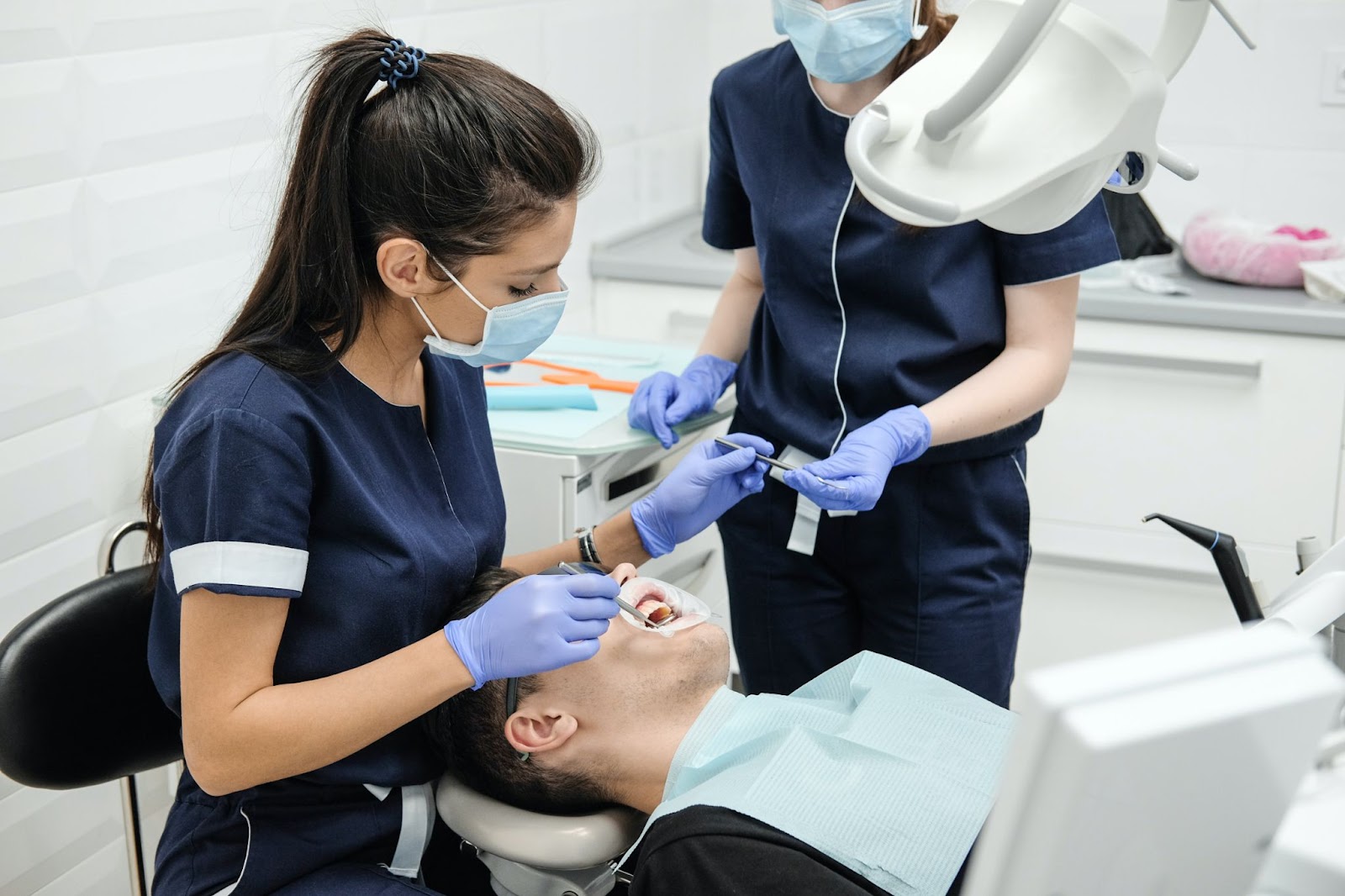


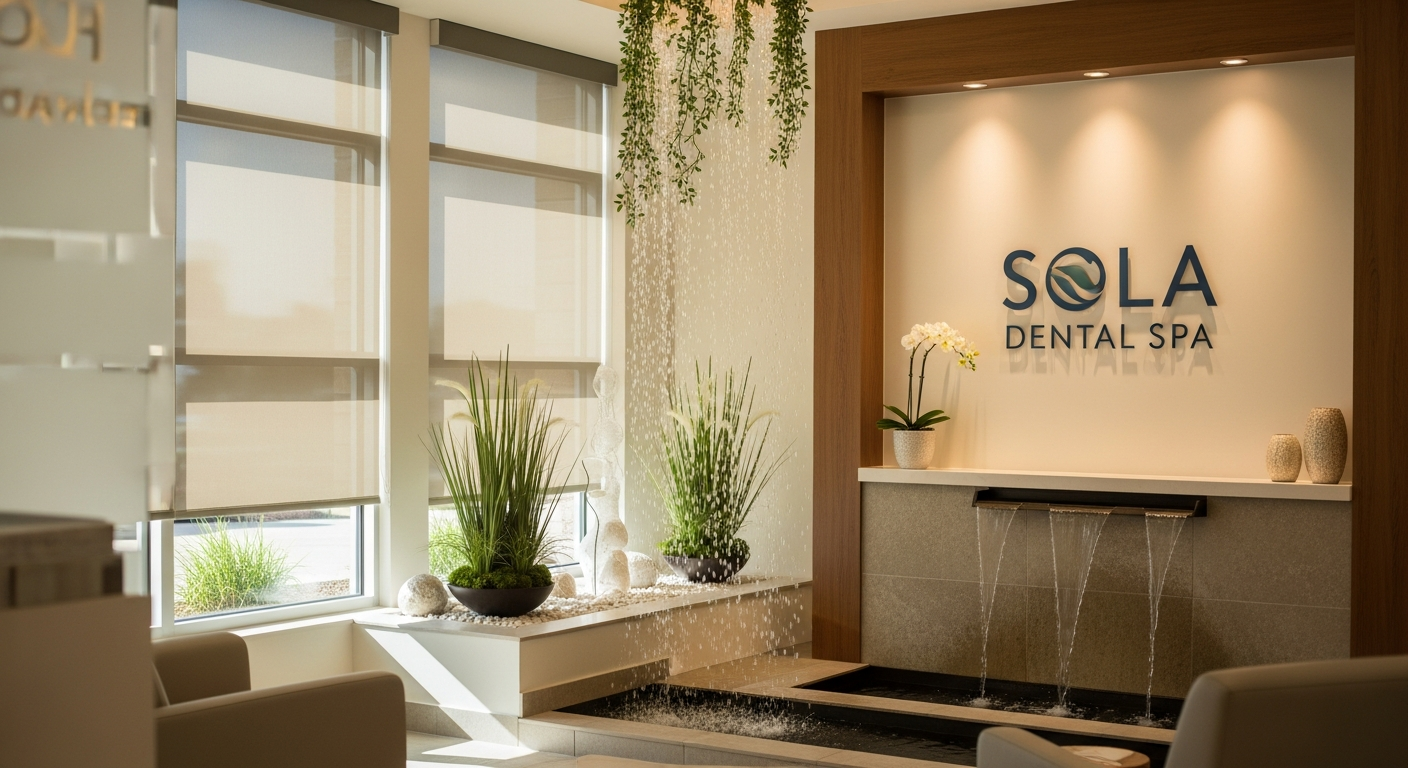
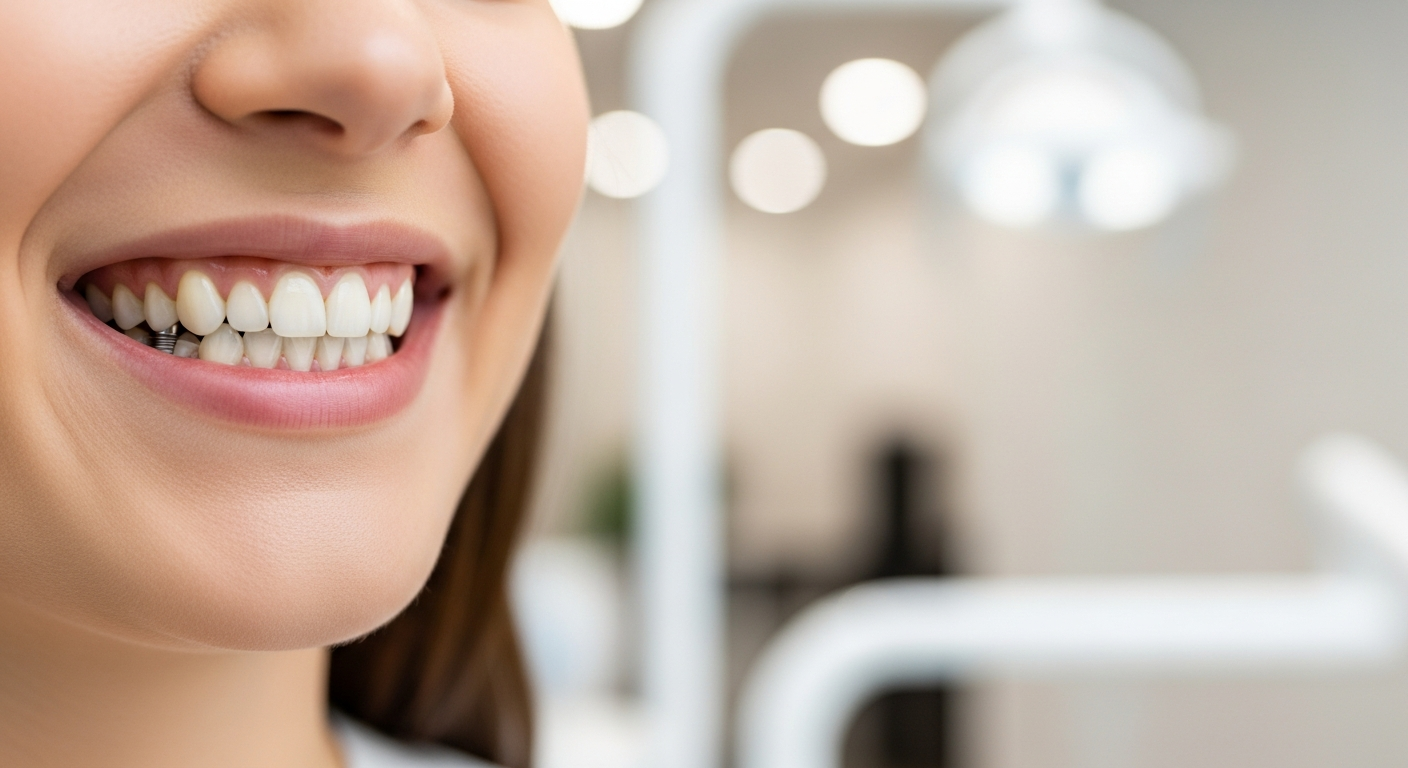
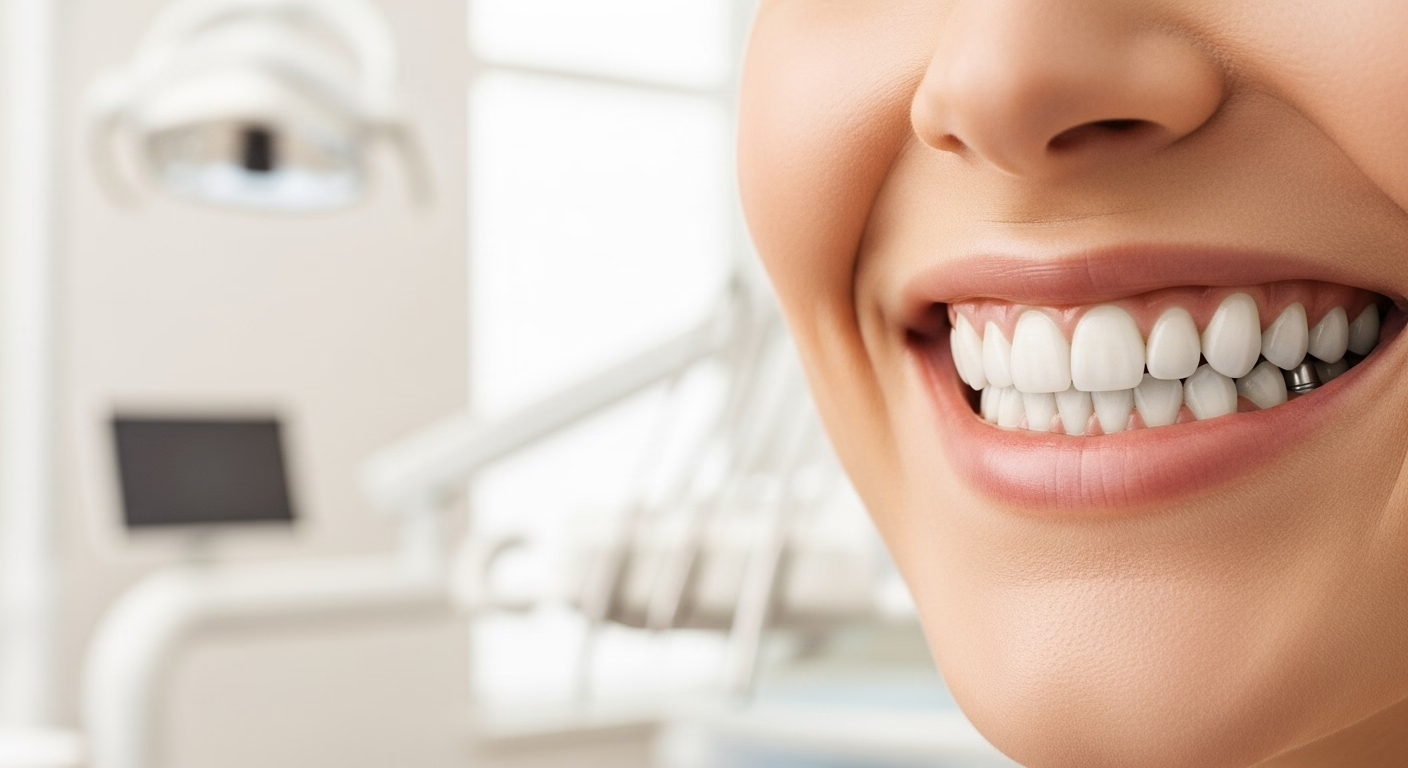
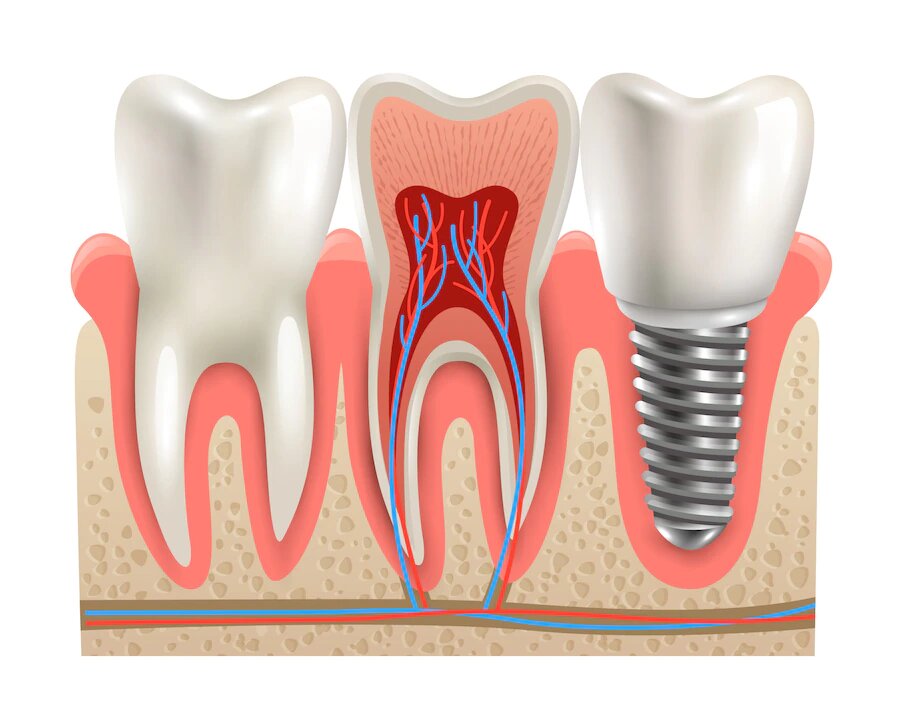
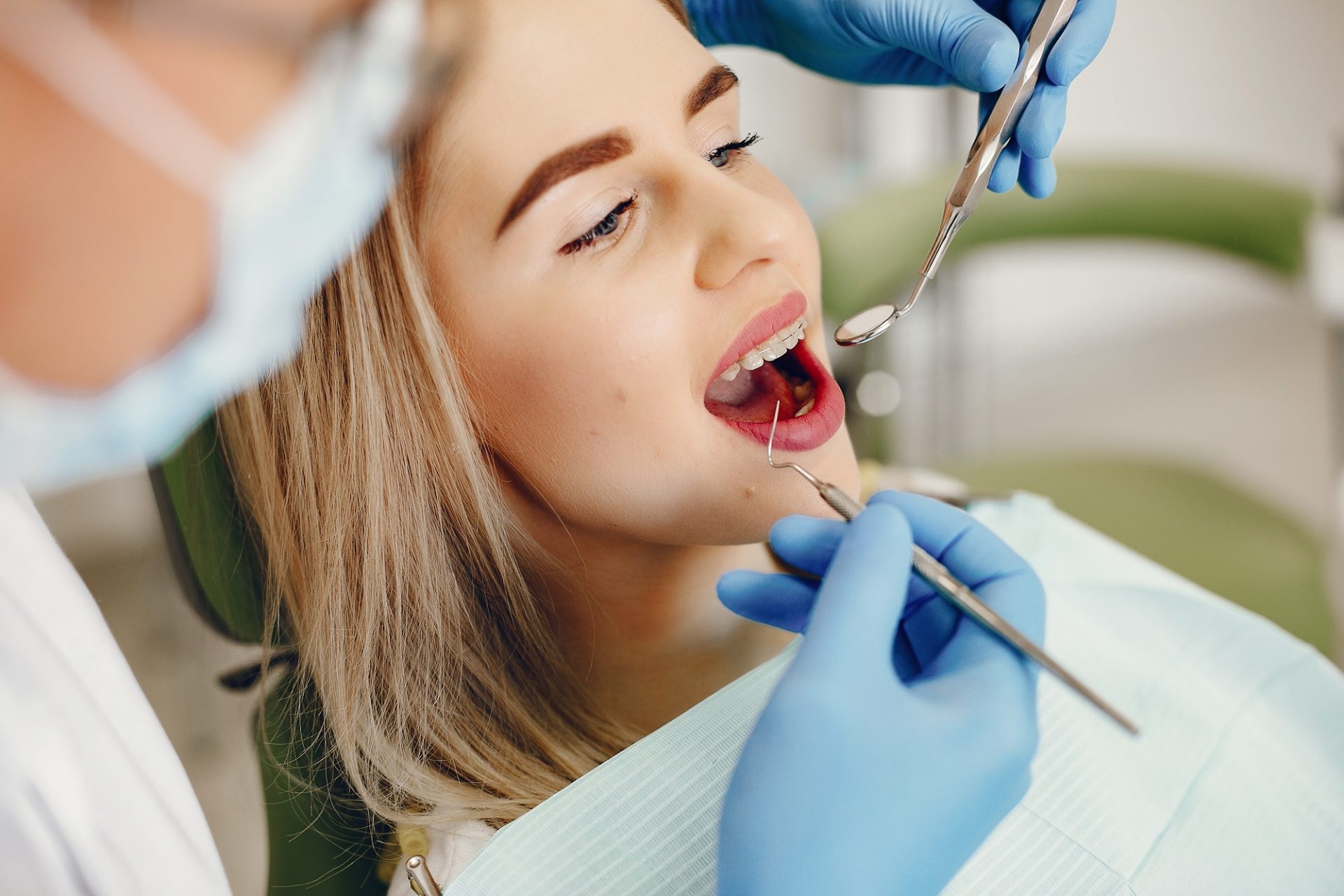



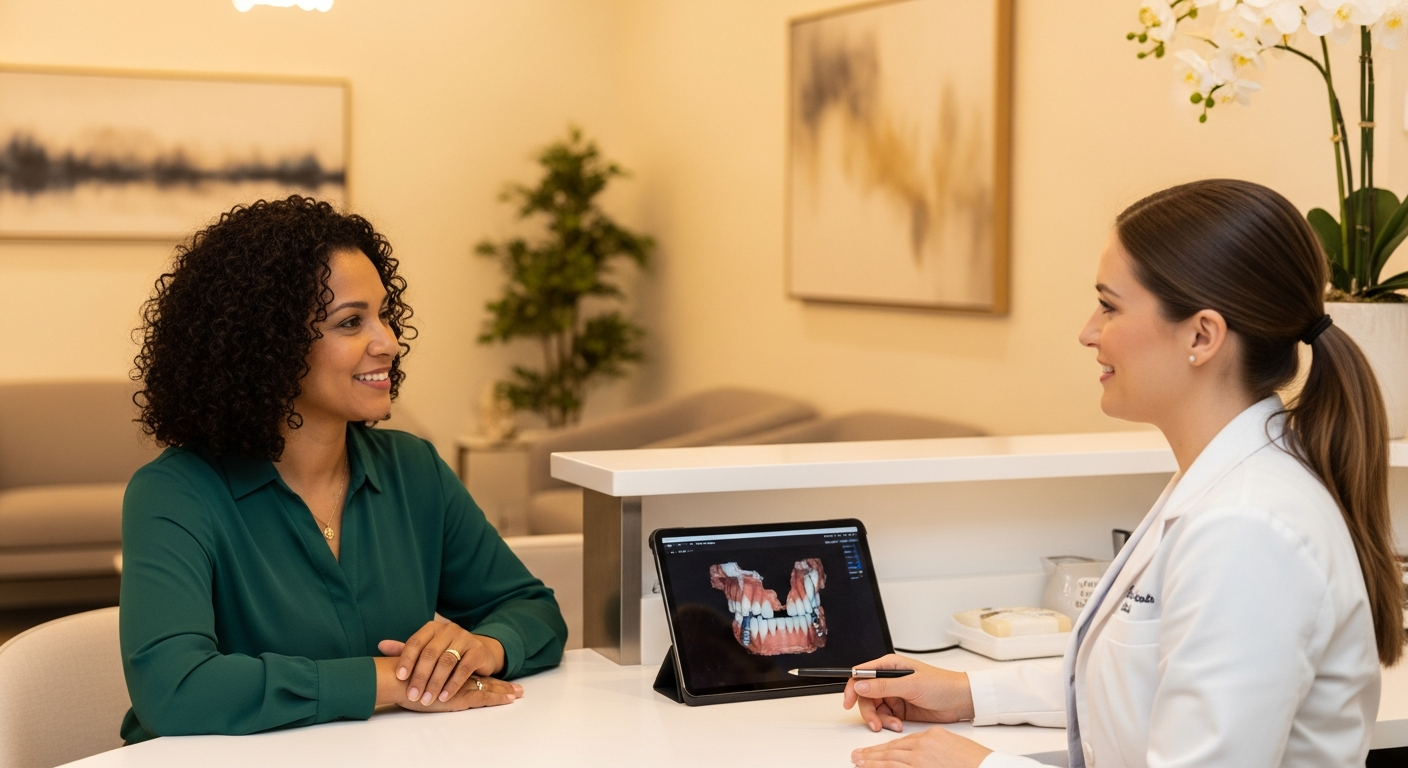



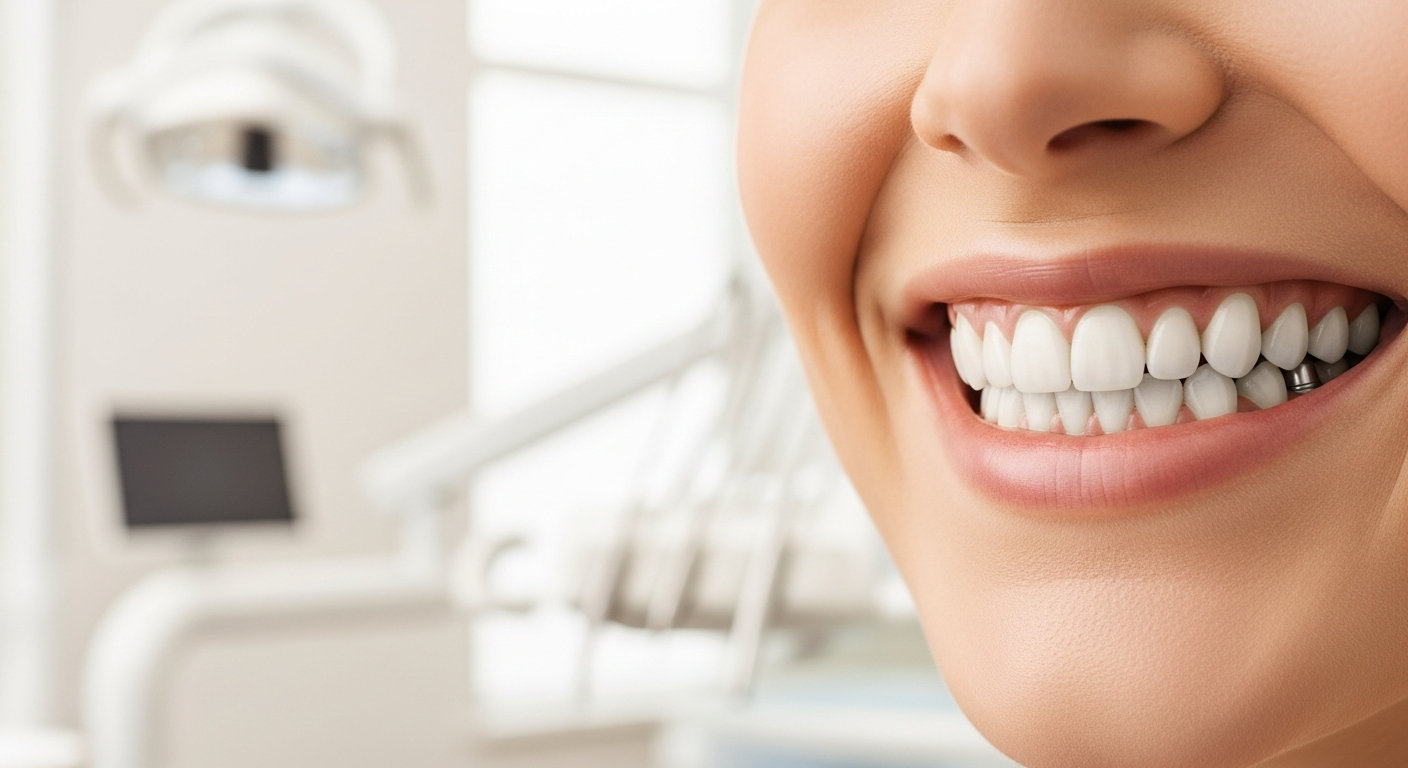

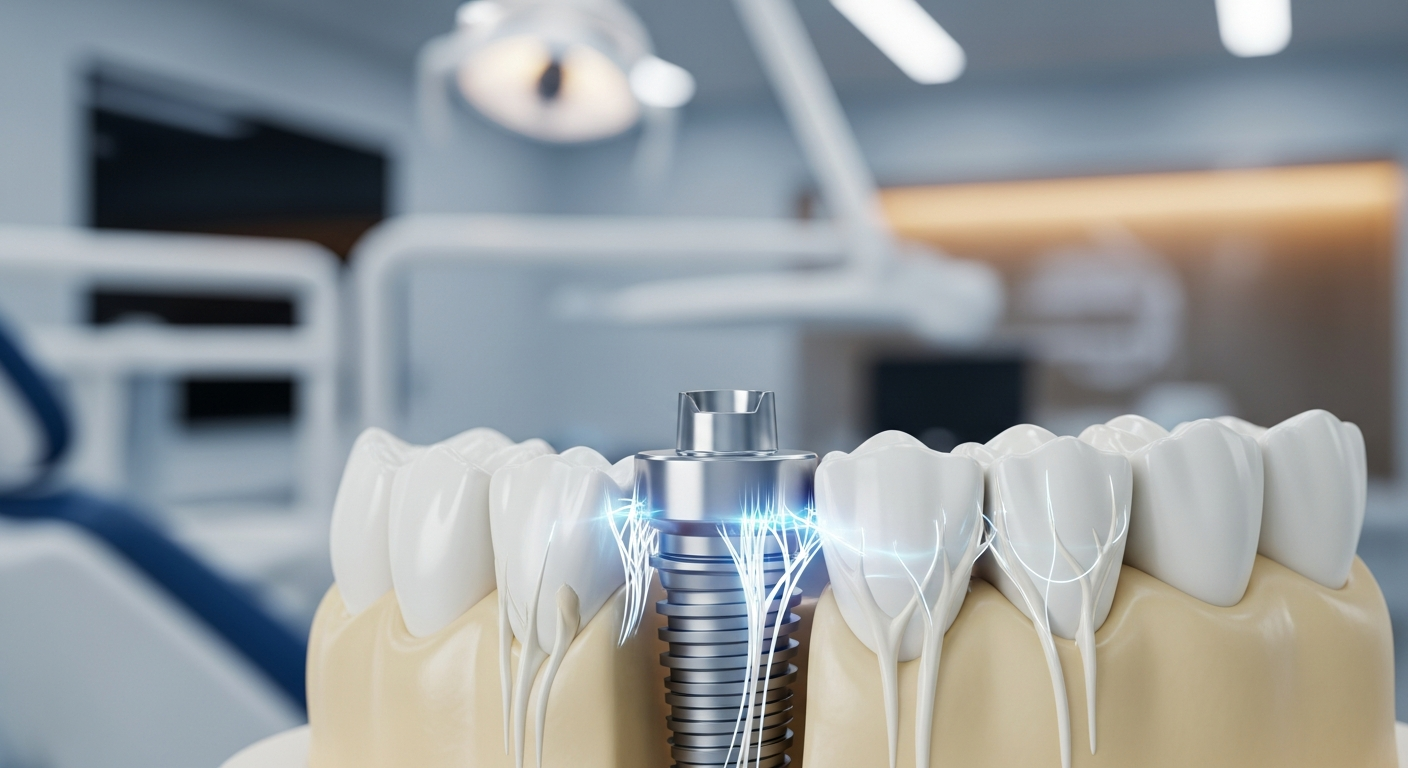
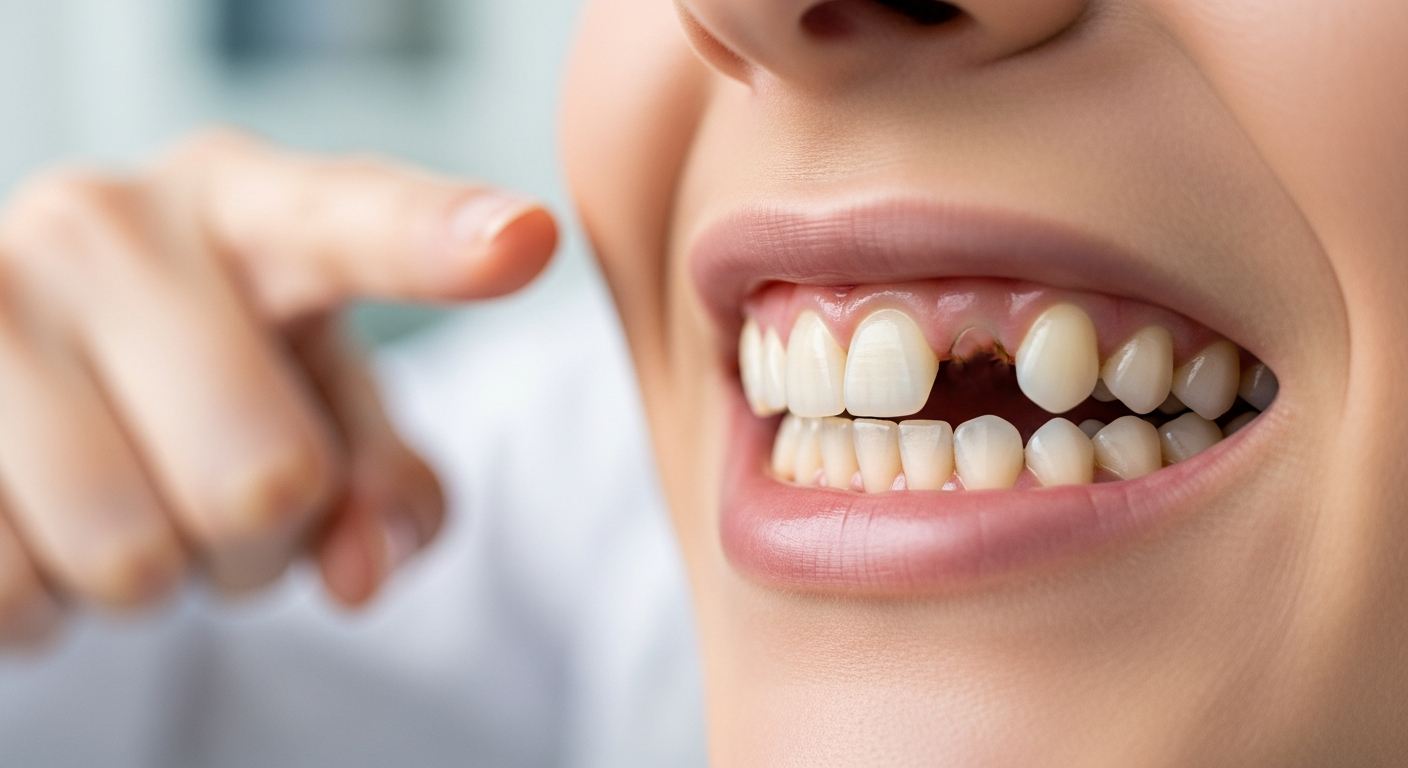




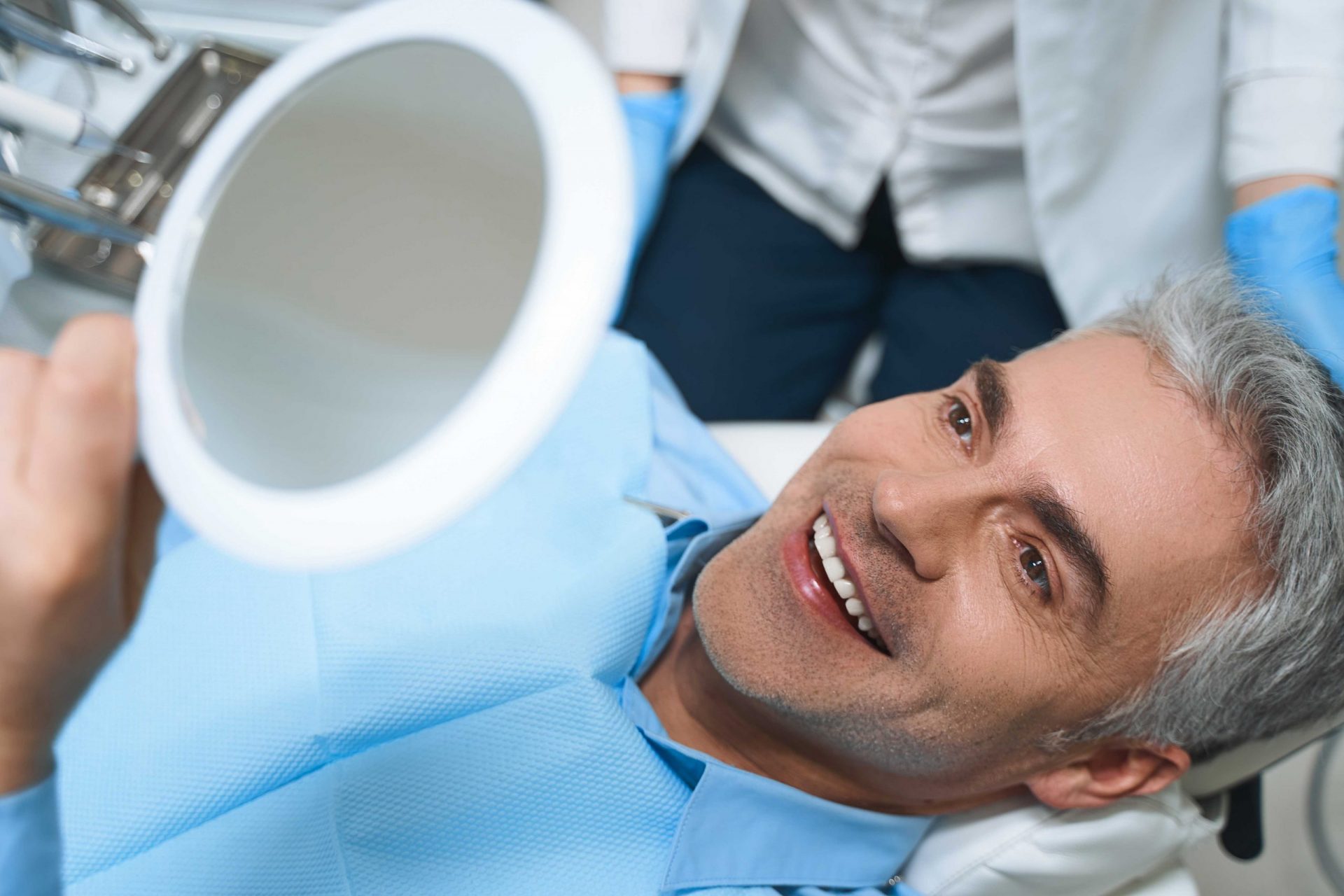
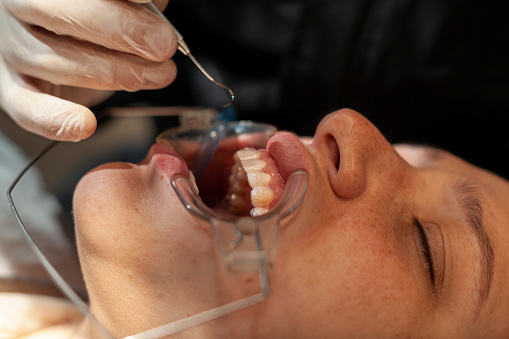

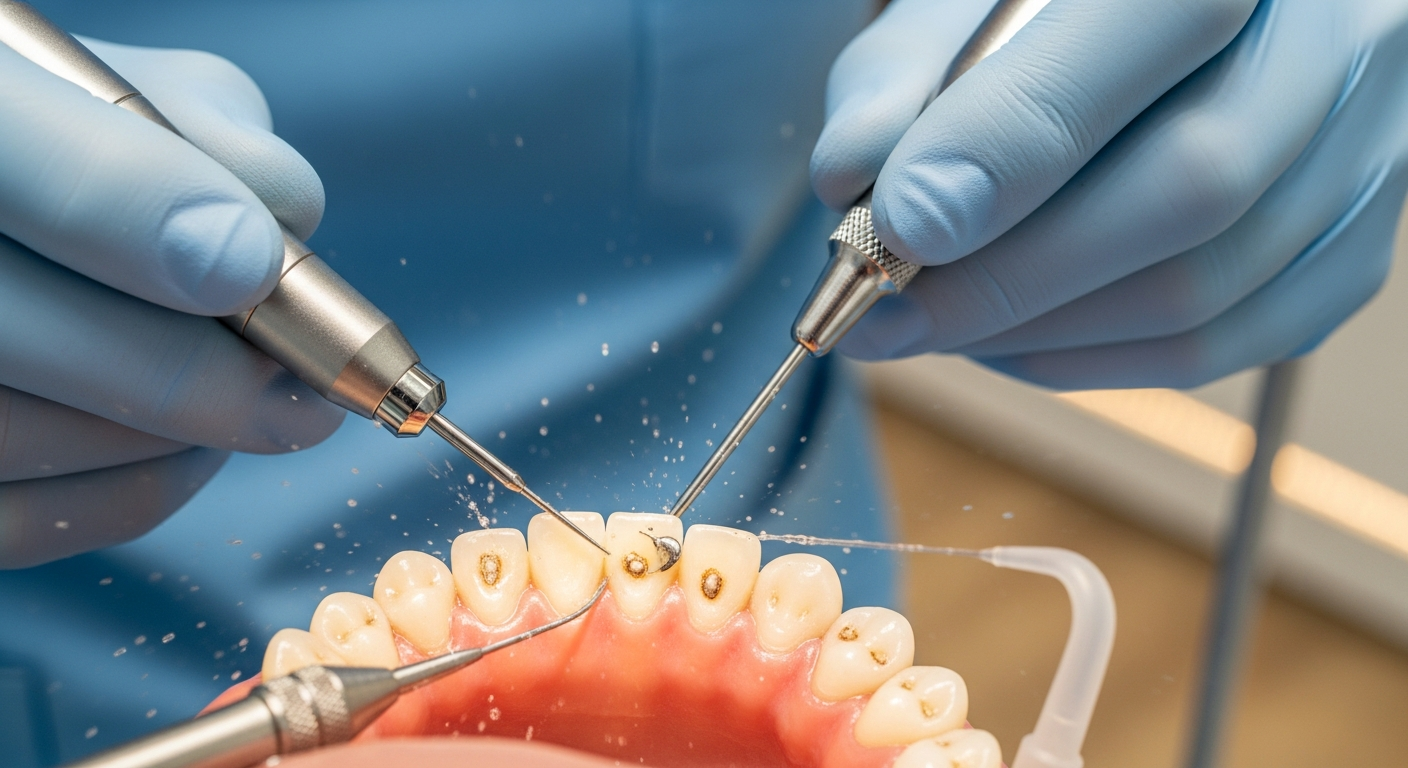

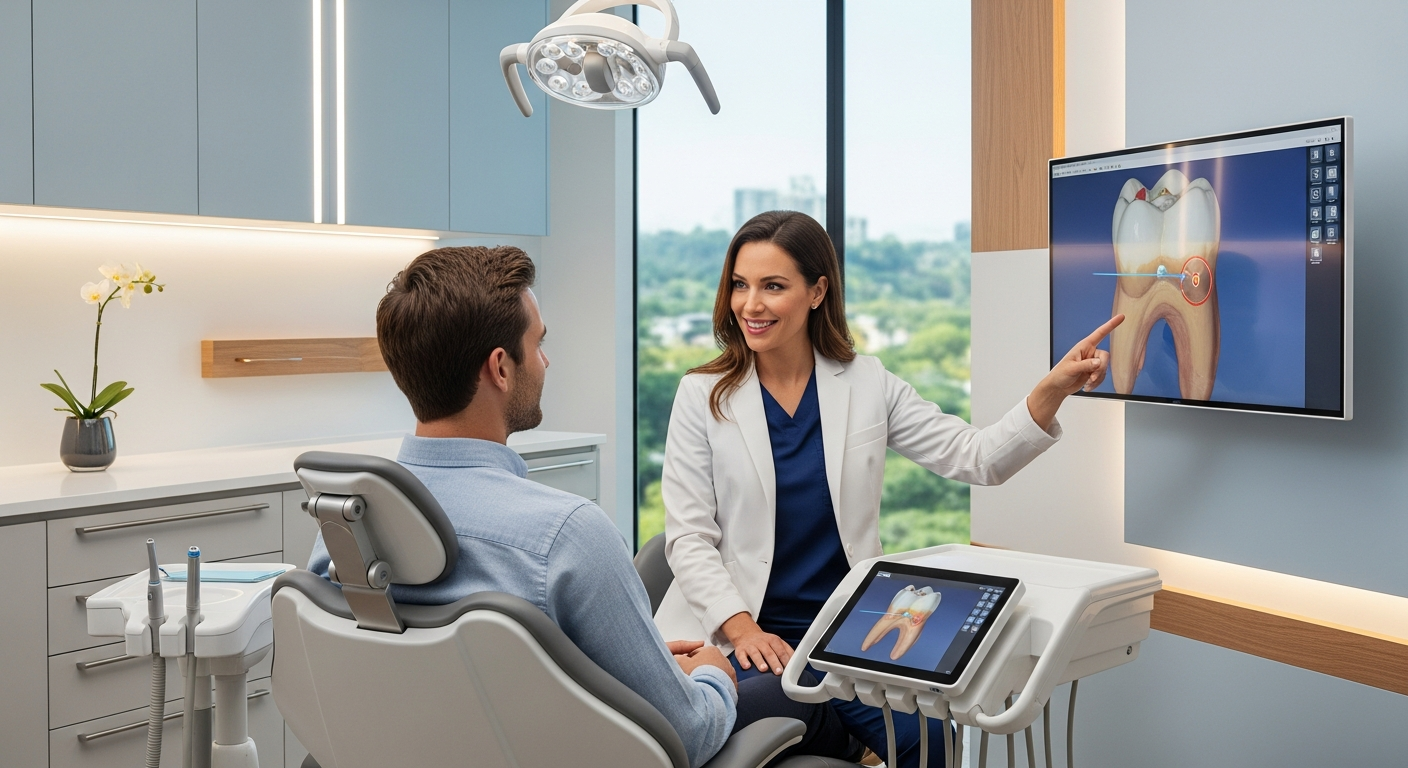
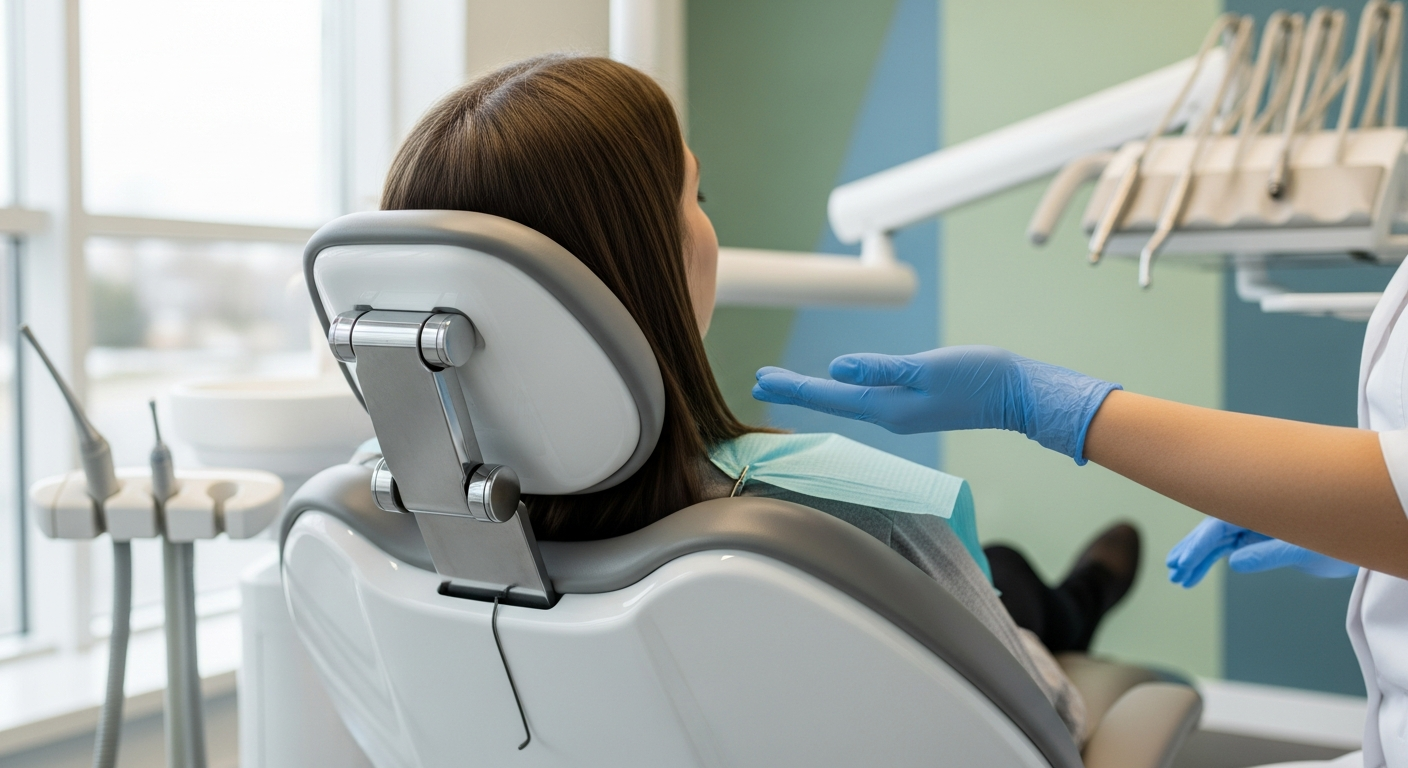

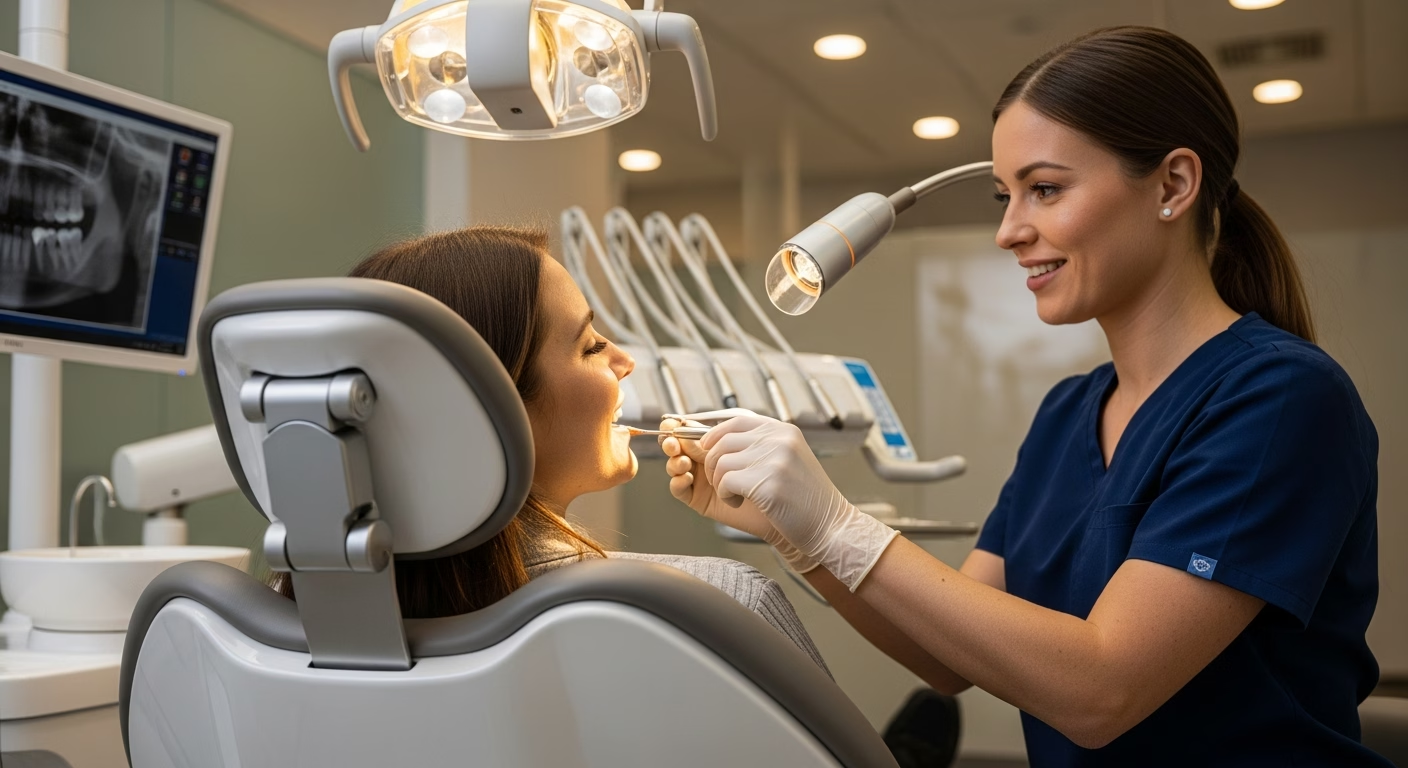
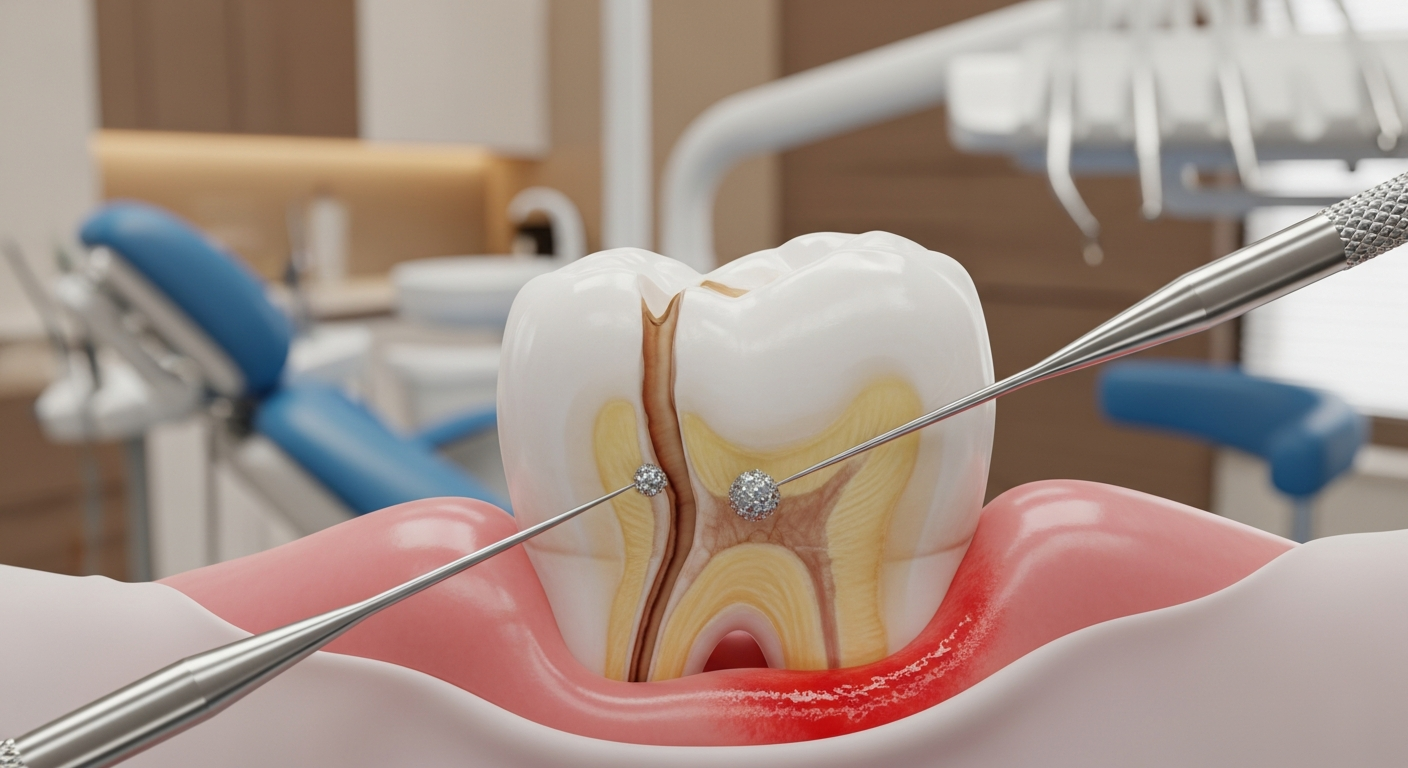



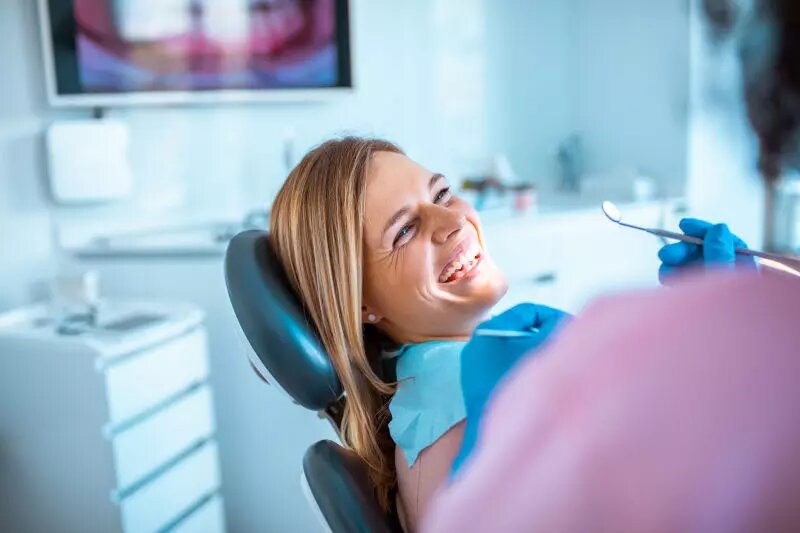
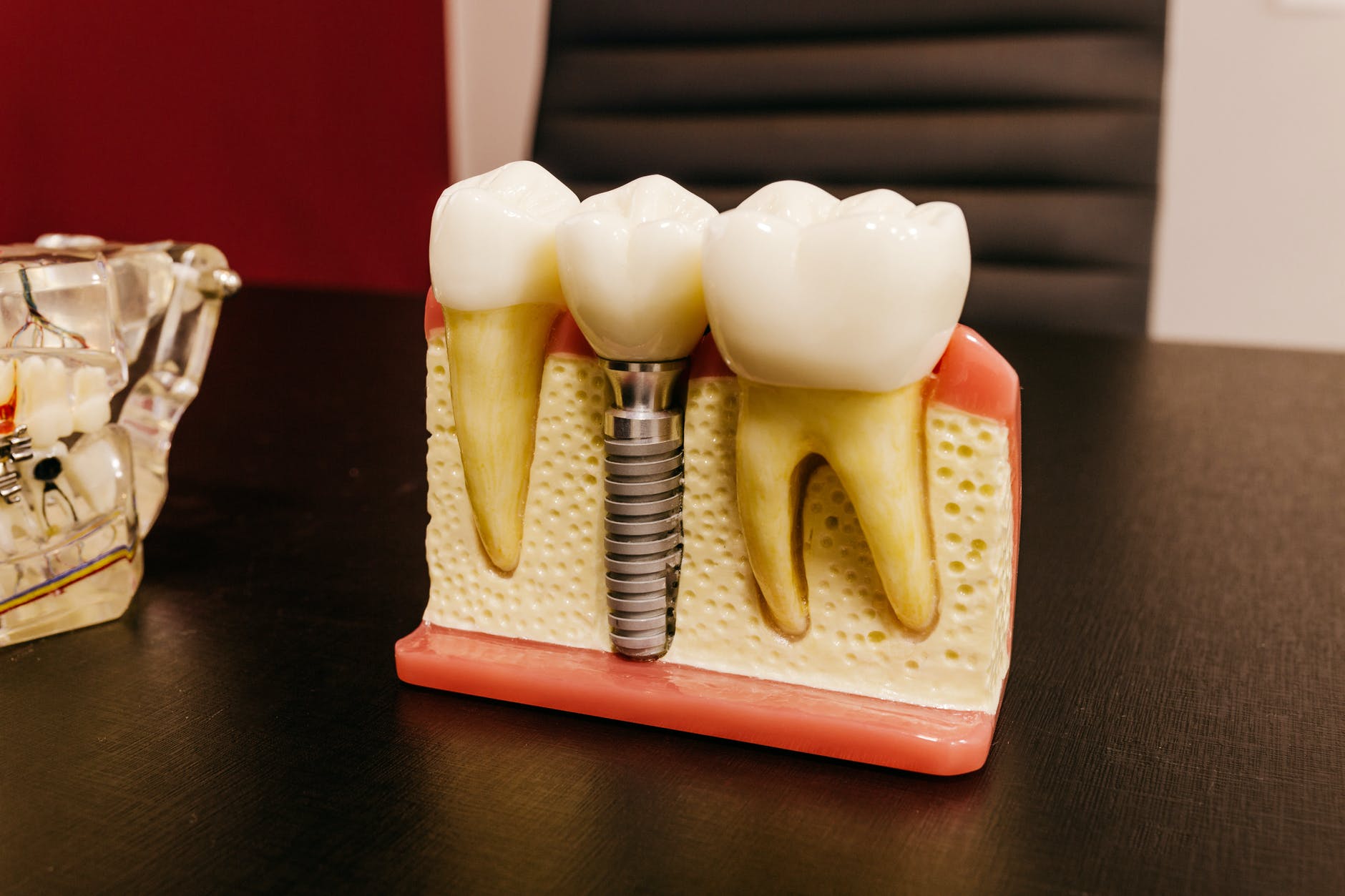


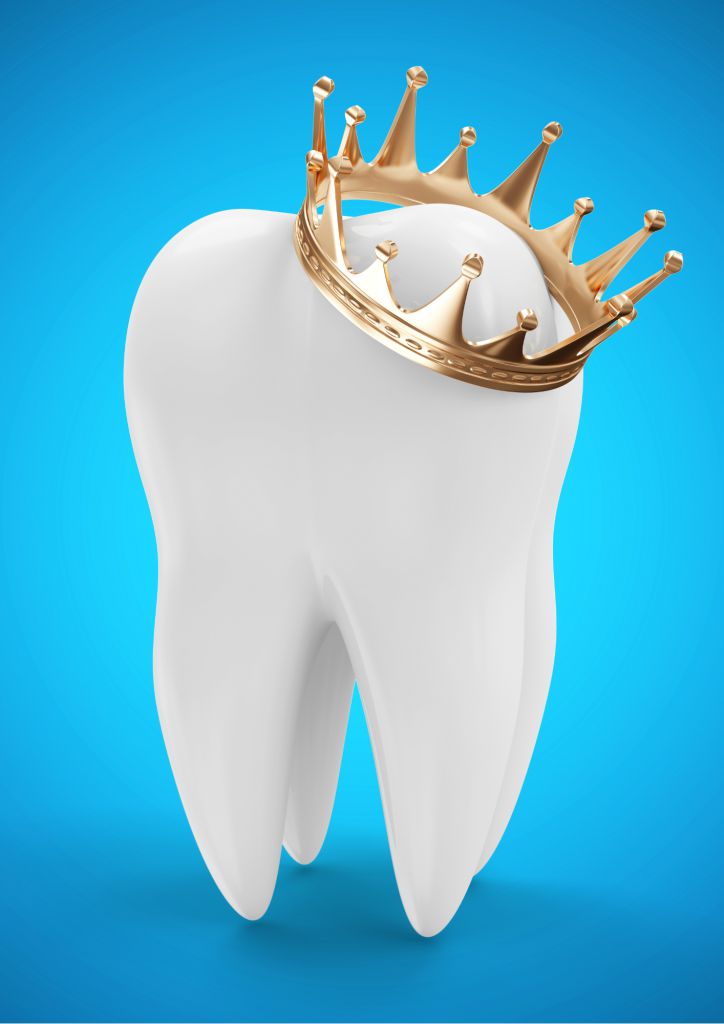



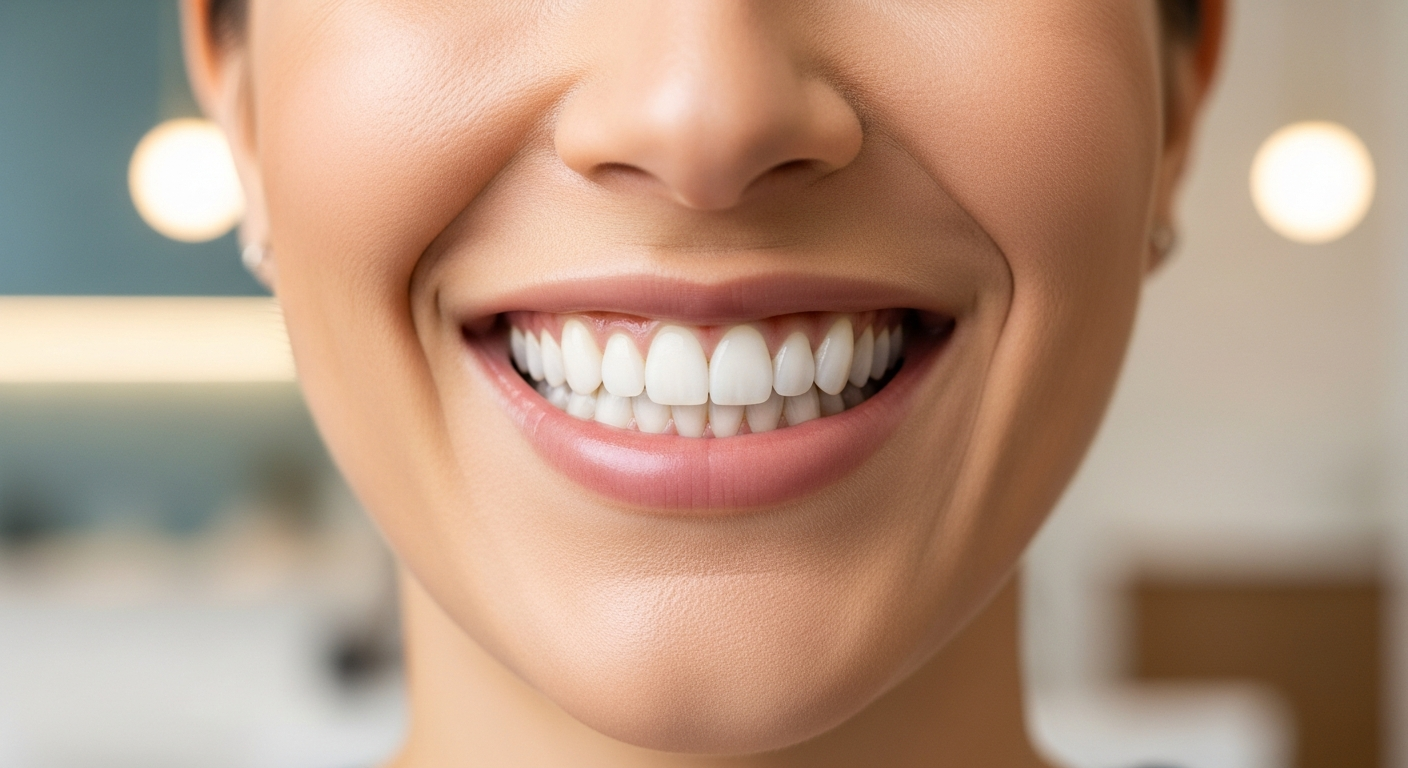



.avif)


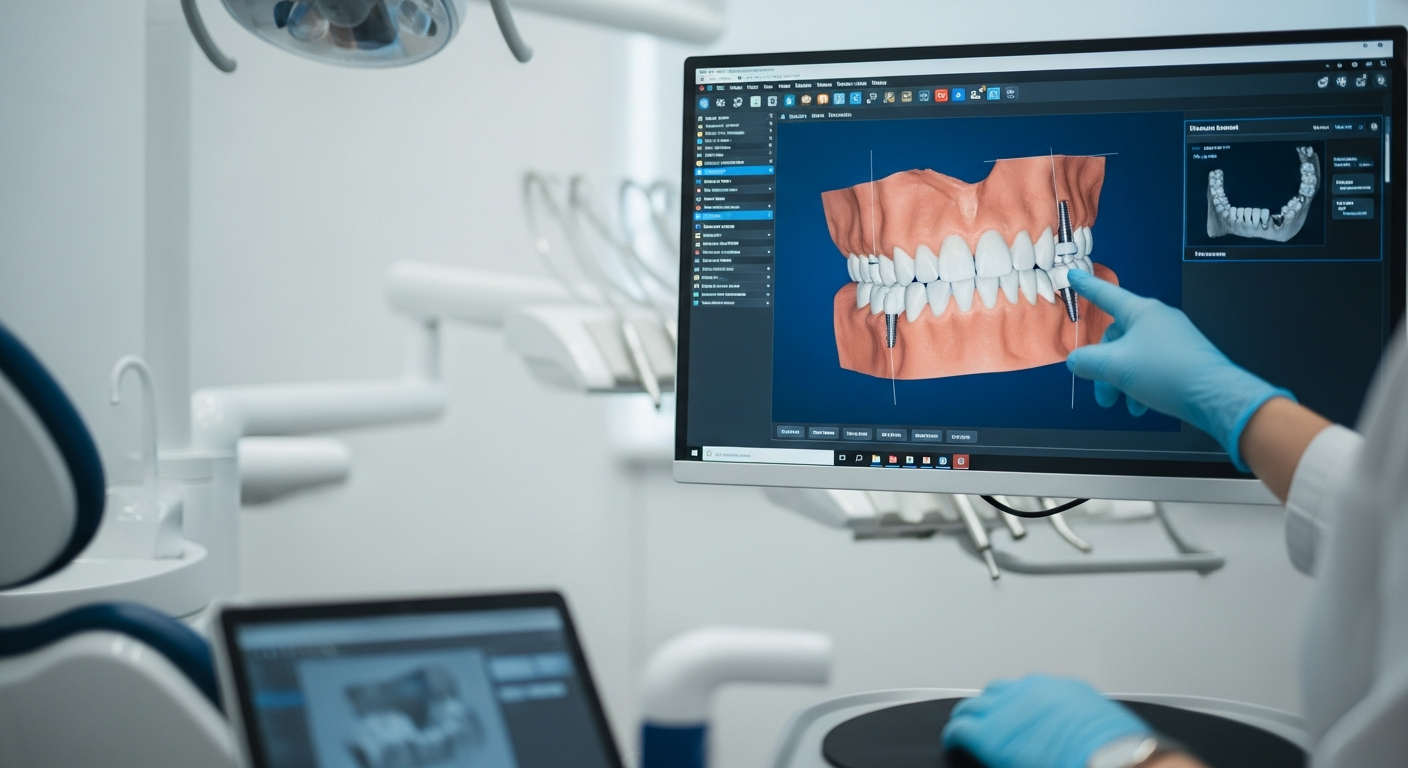

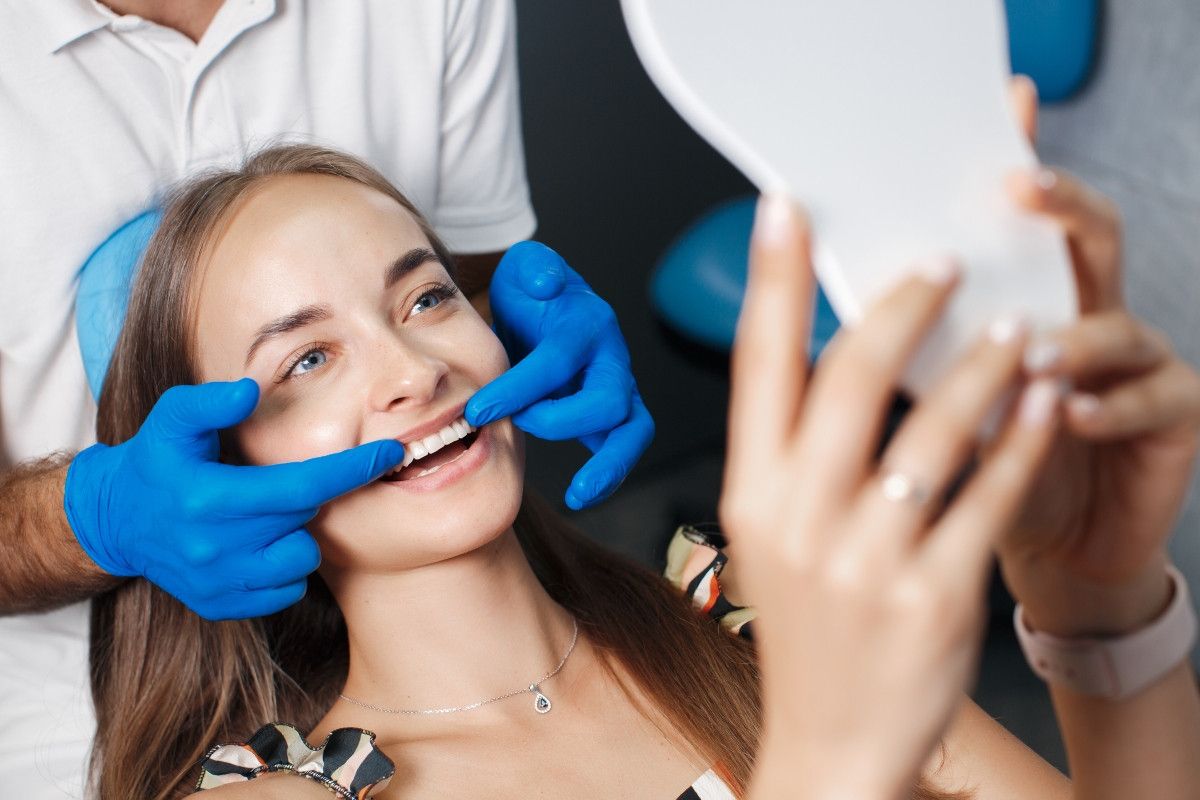

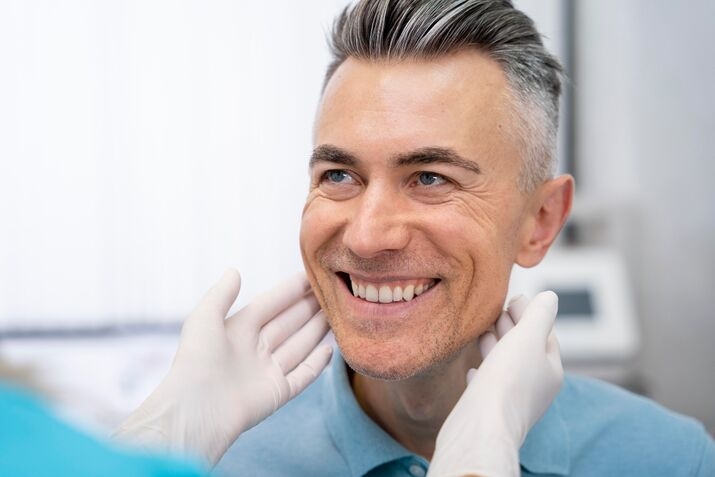
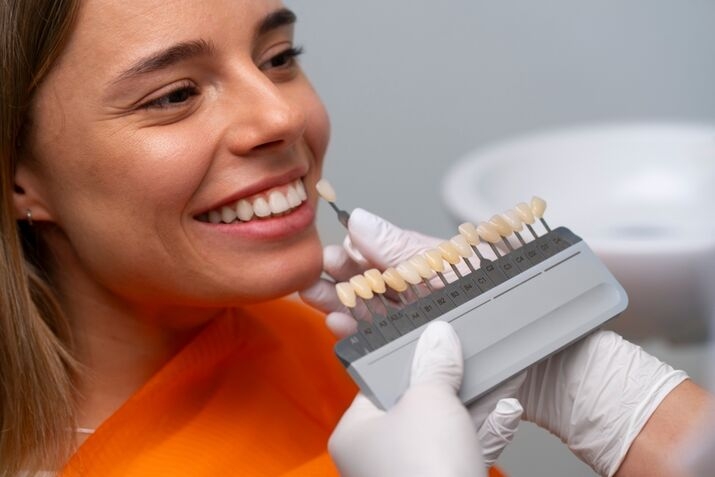
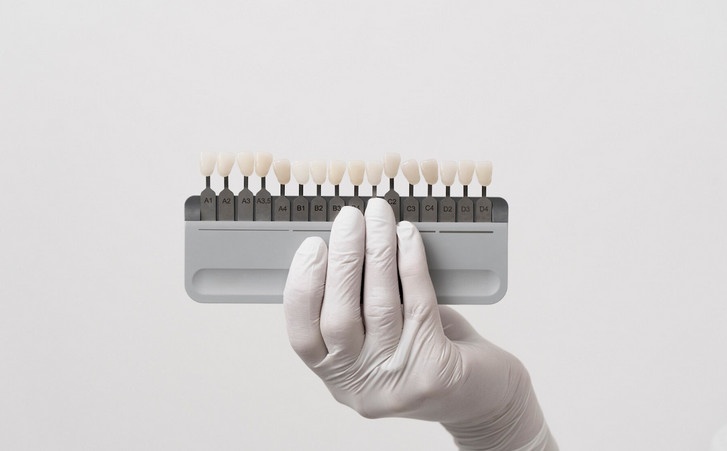

.jpg)


















.avif)

















.jpg)



